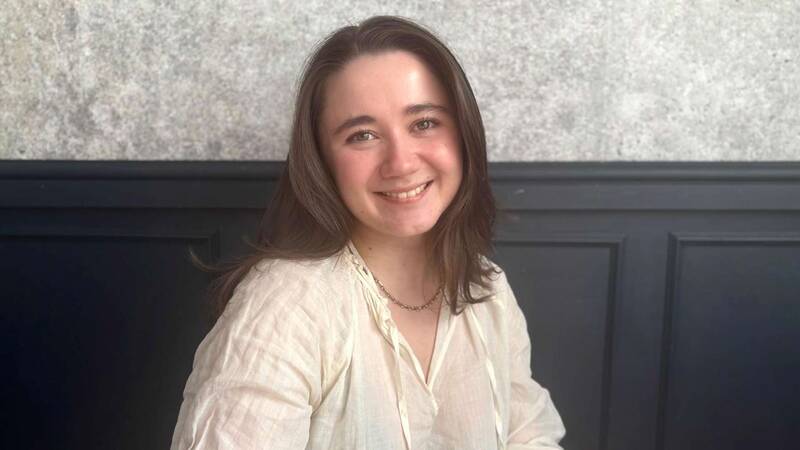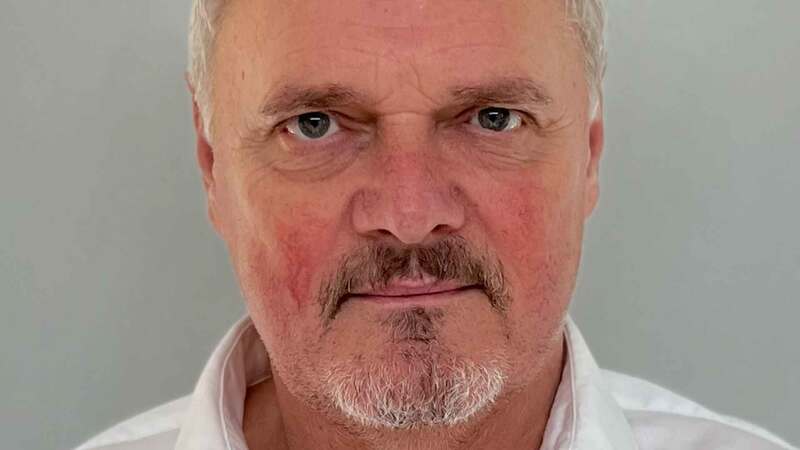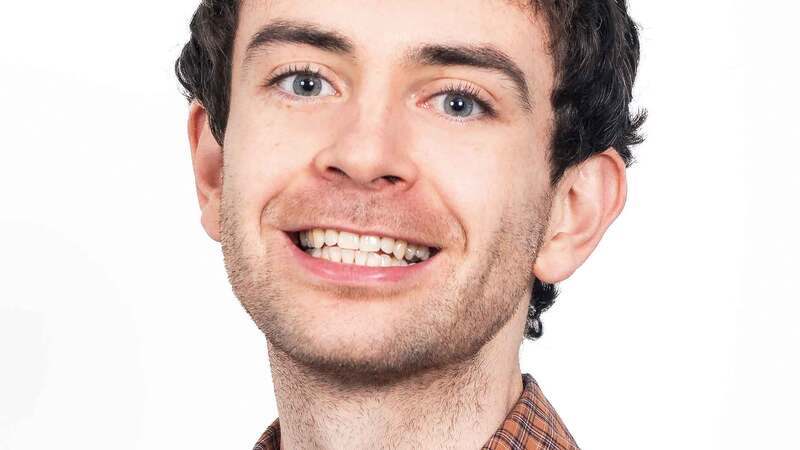You are viewing your 1 free article this month. Login to read more articles.
'Word gap' stifles pupils’ progress, warns OUP
Pupils in primary and secondary schools are falling behind their peers because of an increasing “word gap” in their vocabulary, according to new research from Oxford University Press (OUP).
A survey of more than 1,300 teachers revealed that almost half (49%) of Year 1 pupils have a limited vocabulary or "word gap", to the extent it affects their learning. Significantly, the gap falls only slightly in secondary school, with 43% of students in Year 7 also suffering the problem. Teachers believe the word gap occurs when children don’t read for pleasure or have enough opportunity to practice vocabulary.
OUP is now calling on the government to take note of the research and create policies to tackle the vocabularly deficit.
Jane Harley, strategy director for UK Education at OUP, said: “Language opens doors. It unlocks the world of reading and the imagination… In schools, it underpins progress, impacts on attainment through primary and secondary years, affects self-esteem and behaviour, and plays a huge role in a child’s life chances. Without enough language - a word gap - a child is seriously limited in their enjoyment of school and success beyond.”
The report, entitled ‘Why Closing the Word Gap Matters: Oxford Language Report’, revealed that 80% of teachers believe limited vocabulary affects pupils’ ability to answer test questions, and around two-thirds said the problem was worse than in previous years. Some 69% of primary and 60% of secondary school teachers reported an increase in the number of pupils who have a limited vocabulary and 80% of teachers said it leads to lower self-esteem.
In secondary schools, the word gap is affecting progress in English (according to 91% of teachers), history (90%), geography (86%) and religious studies (78%).
The problem is not confined to one group of pupils, such as those who have English as an additional language, but is found across all students, said OUP.
Schools which have some success in closing the gap tackle the problem on three levels: they provide support via a speech therapist or teaching assistant; they ensure their vocabulary teaching has a “whole class focus”; and they employ a whole-school literacy policy, giving their pupils access to a range of quality texts.
OUP is now calling for greater dialogue about language development throughout education and is submitting the report to key organisations, including the Department for Education.
“We are calling on policymakers and all those involved in education to enter a dialogue to close this word gap,” said Harley. “Too much is at stake for us to ignore this complex issue.”

















